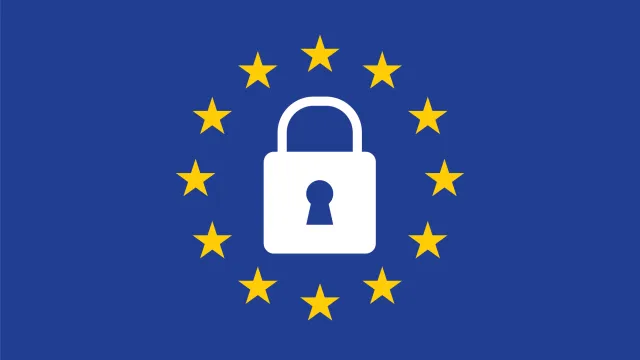Why the term "GDPR" is trending

Why the term "GDPR" is trending
Round of emails coming to you for consent is not a prank or a spam, Europe is about to wake up to a far-reaching regulation on data privacy.
General Data Protection Regulation is set to replace UK's Data Protection Act 1998 to protect consumers by holding companies more accountable for the way they handle peoples' information.
Even though it was first adopted in April 2016, the data protection legislation is expected to take effect on Friday.
Both Facebook and Google have asked users to review their privacy settings including Facebook’s controversial face recognition features.
Google has said it expects publishers to gain user consent on its behalf, in order to continue working using its ad tools.
Twitter shut down its apps for streaming service Roku, Android TV and Xbox. Apple has introduced the ability to temporarily deactivate an account stopping services and the company from using customer data for its machine learning and AI systems.
GDPR will cover everything from a name to an IP address, as well as genetic data and information about political and religious views.
Companies who fail to report a data breach to a regulator within 72 hours could face a penalty of up to 4 percent global revenue.



